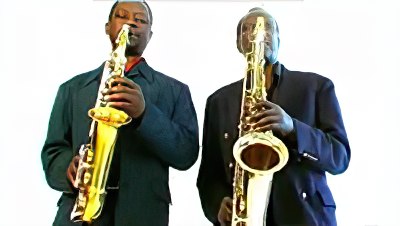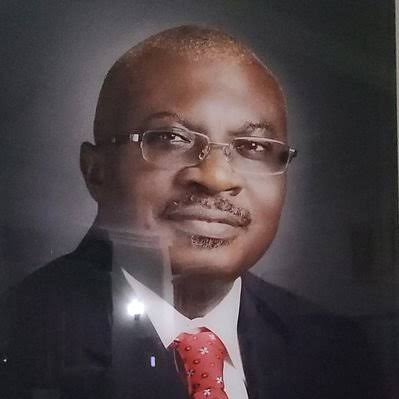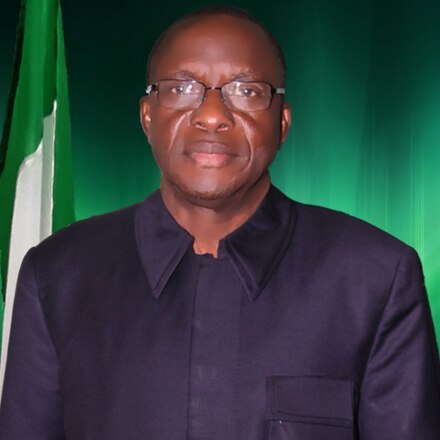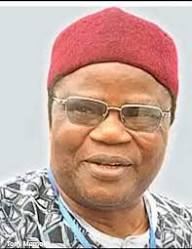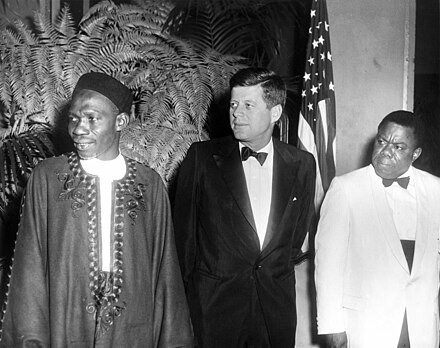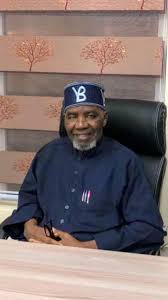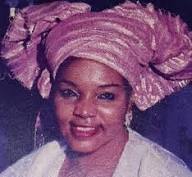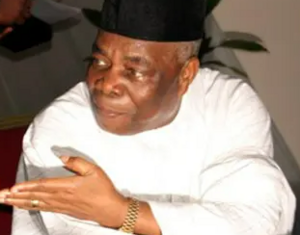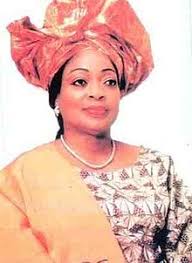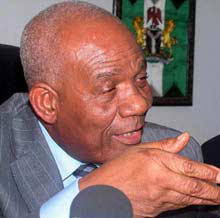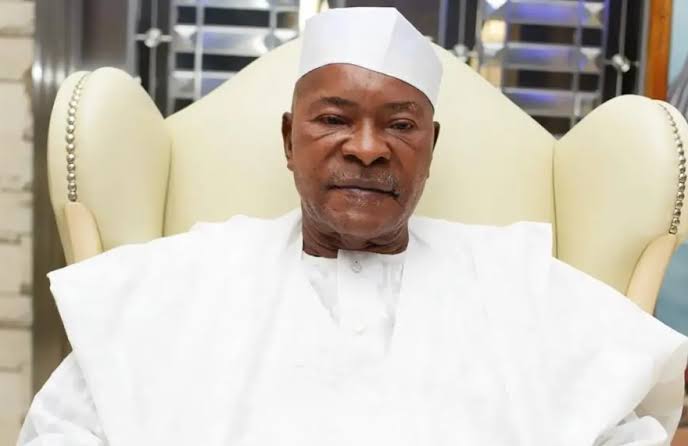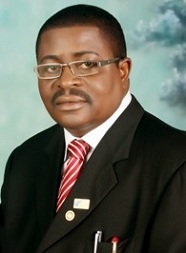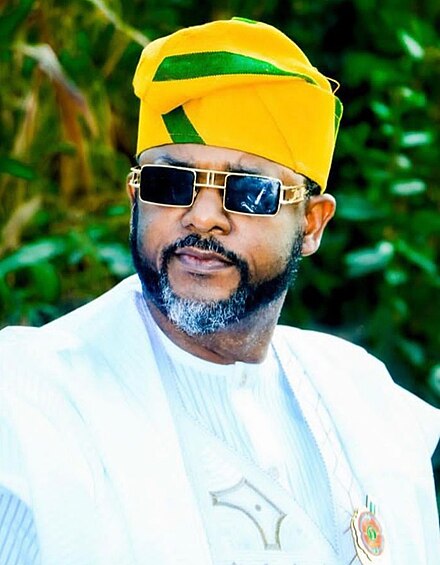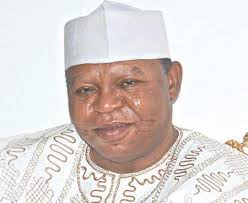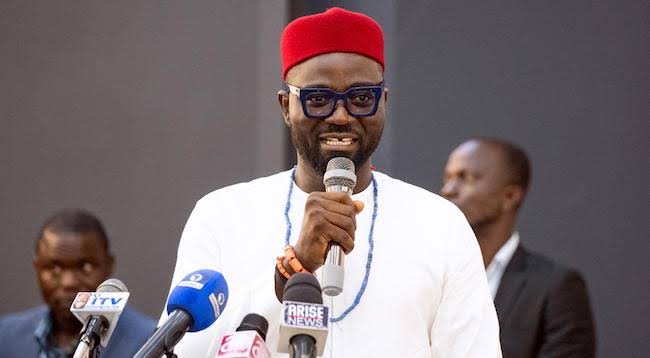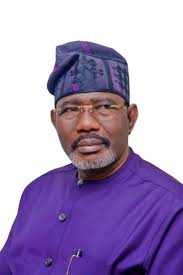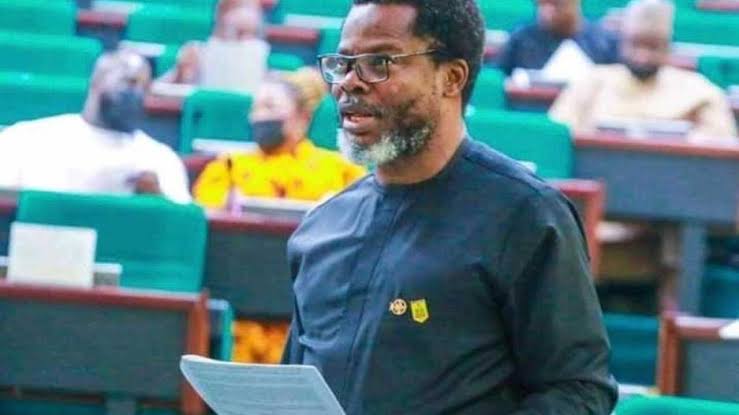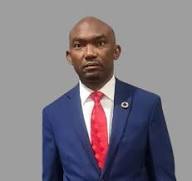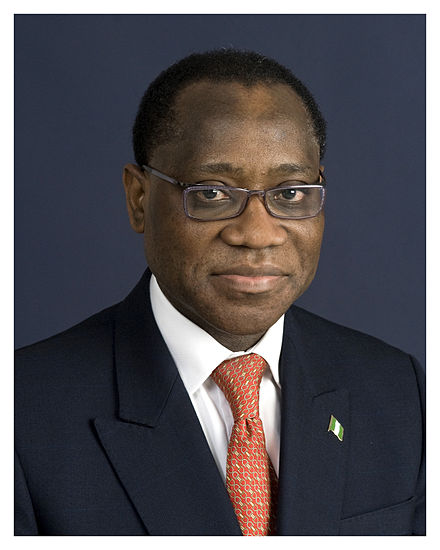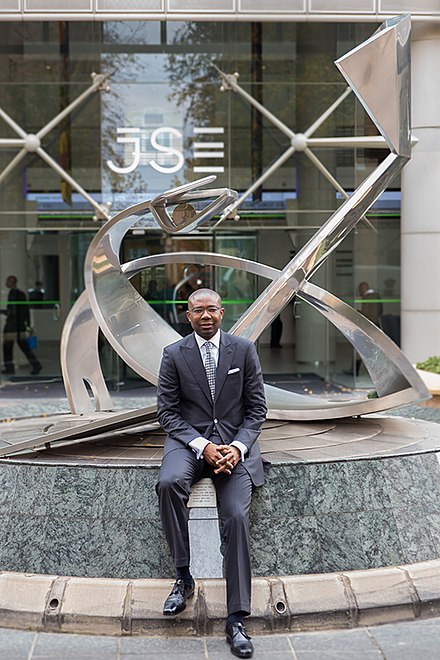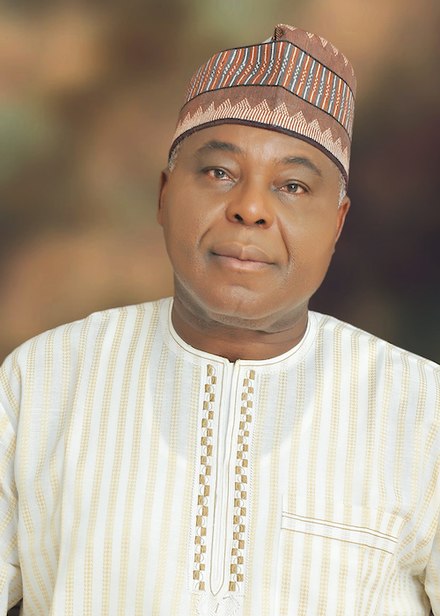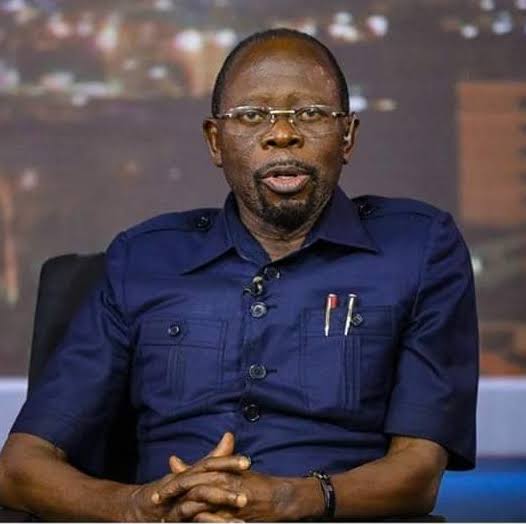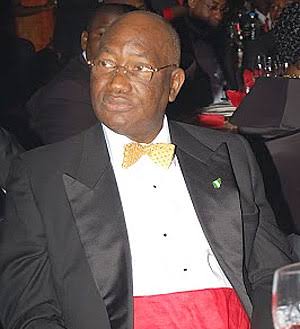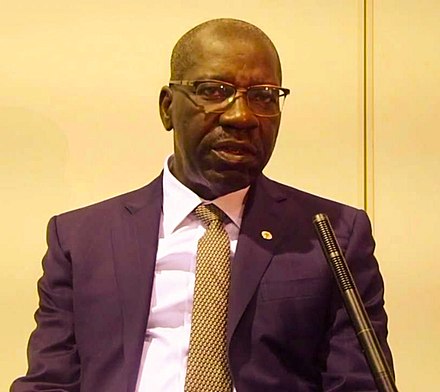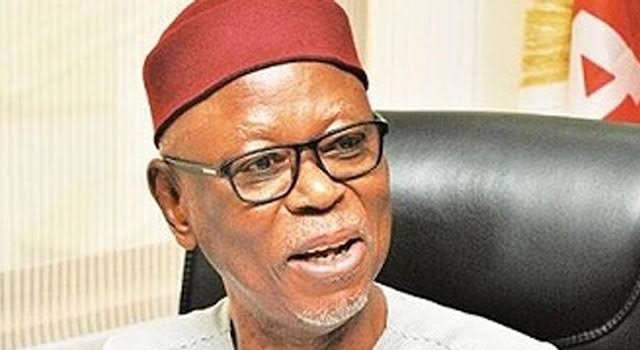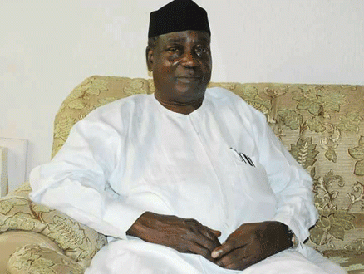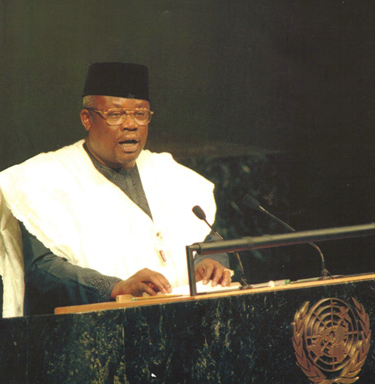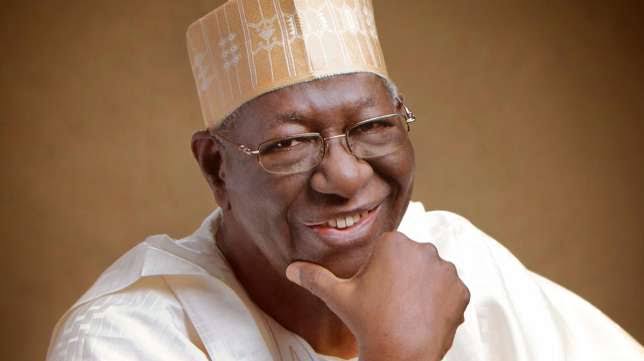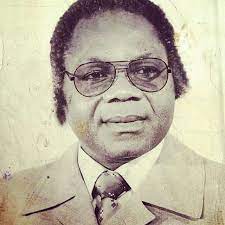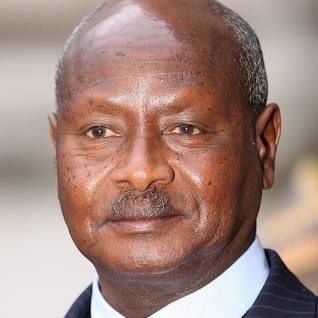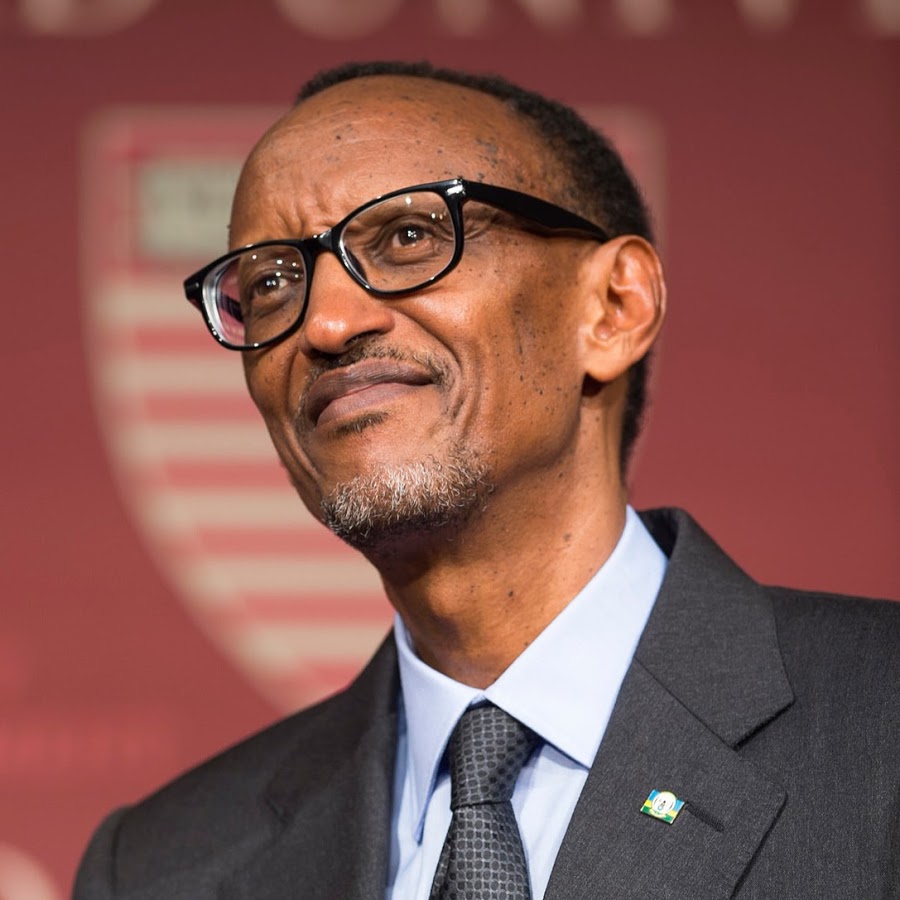Jomo Kenyatta
Prime MinisterJomo Kenyatta
Position: Anti-colonial activist and politician
Number of Views: 10,057 Views
Country: Kenya
Category: Politician
Date of Birth: Jan
1 1897
Education
1930s he studied at Moscow's Communist University of the Toilers of the East, University College London, and the London School of Economics. In 1938 he published an anthropological study of Kikuyu life before working as a farm labourer in Sussex during the Second World War.
Bio Description
Jomo Kenyatta (c. 1897 – 22 August 1978) was a Kenyan anti-colonial activist and politician who governed Kenya as its Prime Minister from 1963 to 1964 and then as its first President from 1964 to 1978. He was the country's first black head of government and played a significant role in the transformation of Kenya from a colony of the British Empire into an independent republic. Ideologically an African nationalist and conservative, he led the Kenya African National Union (KANU) party from 1961 until his death.
Kenyatta was born to Kikuyu farmers in Kiambu, British East Africa. Educated at a mission school, he worked in various jobs before becoming politically engaged through the Kikuyu Central Association. In 1929, he travelled to London to lobby for Kikuyu tribal land affairs. During the 1930s he studied at Moscow's Communist University of the Toilers of the East, University College London, and the London School of Economics. In 1938 he published an anthropological study of Kikuyu life before working as a farm labourer in Sussex during the Second World War. Influenced by his friend George Padmore, he embraced anti-colonialist and Pan-African ideas, co-organising the 1945 Pan-African Congress in Manchester. In 1946, he returned to Kenya and became a school principal. In 1947 he was elected President of the Kenya African Union, through which he lobbied for independence from British colonial rule, attracting both widespread support and the animosity of white settlers. In 1952, he was among the Kapenguria Six arrested and charged with masterminding the anti-colonial Mau Mau Uprising. Although protesting his innocence a view shared by later historians he was convicted. He remained imprisoned at Lokitaung until 1959 and then exiled in Lodwar until 1961.
On his release, Kenyatta was appointed President of KANU and led the party to victory in the 1963 general election. As Prime Minister, he oversaw the transition of the Kenya Colony into an independent republic, of which he became President. Desiring a one-party state, he suppressed much political dissent and prohibited KANU's only rival, the leftist Kenya People's Union, from competing in elections. Powers from Kenya's regions were redistributed to its central government. He promoted reconciliation between the country's indigenous tribal groups and its European and Indian minorities. His government pursued capitalist economic policies and the "Africanisation" of the economy, with non-citizens prohibited from controlling key industries. His system of land redistribution favoured party loyalists and exacerbated longstanding tribal tensions. Under Kenyatta, Kenya joined the Organisation of African Unity and the British Commonwealth, espousing a pro-Western and anti-communist foreign policy. His regime faced border conflicts with Somalia and an army mutiny in Nairobi. Kenyatta died in office, and was succeeded by Daniel arap Moi; his son Uhuru later became Kenya's fourth president.
ithin Kenya, Kenyatta is considered the Father of the Nation and given the honorary title of Mzee. He has received praise for his anti-colonial and Pan-Africanist activism. His rulership was criticised as both dictatorial and authoritarian, and accused of overseeing a growth in corruption and systems of patronage that resulted in long-term problems for Kenya. Many places have been named after him.


